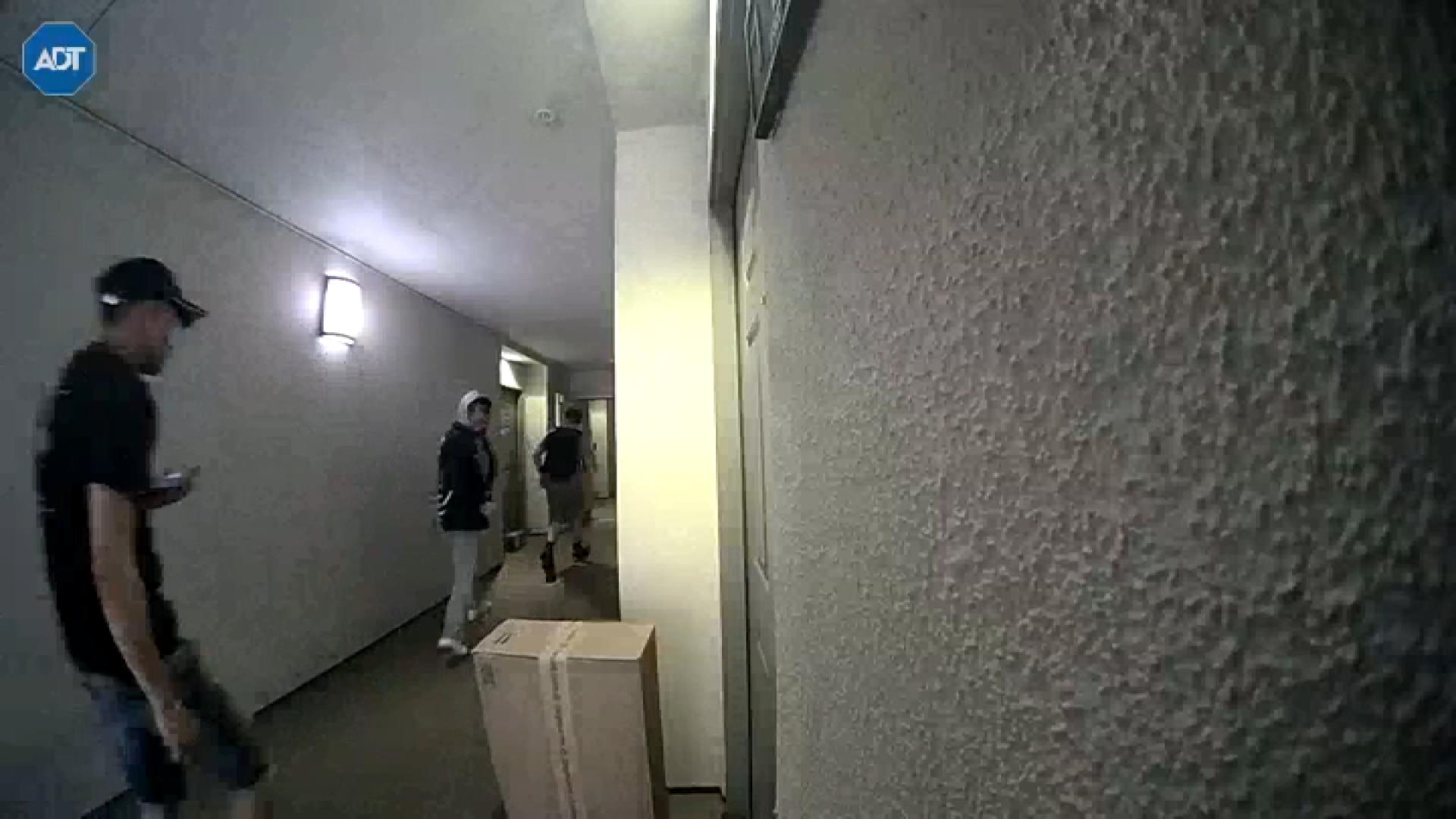The Los Angeles Zoo announced today it has joined forces with a conservation organization to monitor and protect jaguars in Nicaragua.
The zoo is supporting Paso Pacifico in its jaguar conservation efforts by providing funding for 14 camera traps in the Paso del Istmo Biological Corridor on the western slope of Nicaragua with the ultimate goal of documenting the presence of jaguars.
"Jaguars have historically been an important species at the Los Angeles Zoo," said Beth Schaefer, general curator at the zoo. "They are the flagship species in our Rainforest of the Americas exhibit and play an important role in connecting Angelenos with wildlife in the Americas. The Los Angeles Zoo is proud to be a long-time supporter of Paso Pacifico's camera trap project, enabling them to gather critical data about this magnificent predator. It is conservation projects like this that gain the science needed to save wild animals and their habitats."
Jaguars once roamed in the wild from South America into parts of the United States, but are now "near threatened" and have almost been completely eliminated from the wild in the United States, according to the zoo.
"Before jaguars were picked up on camera a few years ago, it was widely believed that they no longer existed in the Paso del Istmo Corridor in Nicaragua,'' said Paso Pacifico Founder and Executive Director Sarah Otterstrom. "Now that there is clear, visual evidence that they still roam the local forests, we can work together to educate communities about the importance of protecting them.''
The zoo said that once proof of their existence has been established, Paso Pacifico then works with local communities to spread the word about the importance of protecting the animals. The biggest threat to jaguars' survival is from humans, according to the zoo, because farmers and ranchers in Nicaragua typically shoot jaguars on sight, as deaths of cattle and horses have often been attributed to jaguars. To combat this issue, Paso Pacifico has implemented a compensation program, offering to pay farmers in the event of a verified aguar attack on their livestock.
News
Top news of the day
Deforestation has also damaged the natural habitat of jaguars, and Paso Pacific also organizes conservation and reforestation campaigns.



